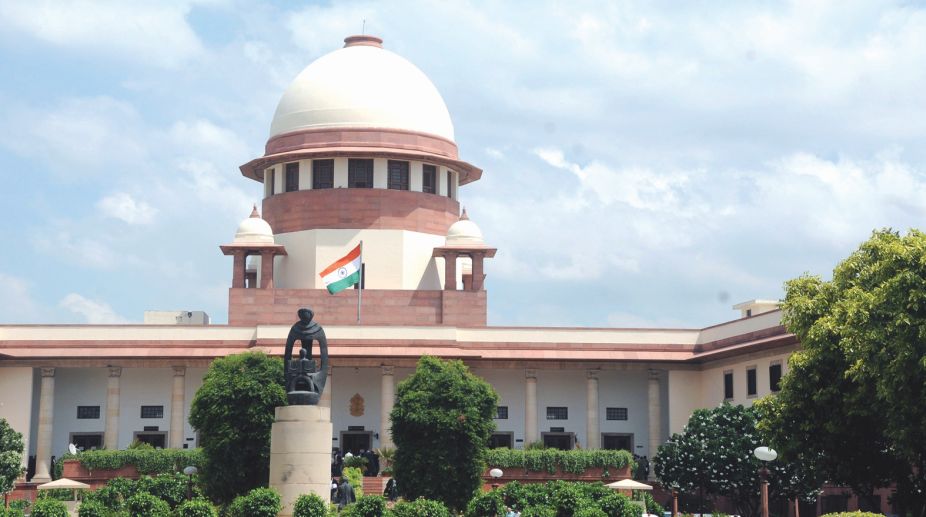The Supreme Court on Thursday asked the National University of Advanced Legal Studies (NUALS) to come up with a solution to redress the complaints of candidates who appeared in the Common Law Admission Test 2018 (CLAT) and directed High Courts not to proceed with similar cases pending before them.
A bench of Justice A.M. Khanwilkar and Justice Navin Sinha said there has to be a mechanism or redressal forum to look into the 251 complaints filed by the candidates.
Advertisement
“If such a dispute arises, is there a mechanism wherein these cases can be looked into and addressed so that candidates can be satisfied?” the court asked Kochi-based NUALS and directed it to come up with a wholesome solution by Friday.
“There should be some forum where the factual aspects can be looked into. Case-to-case questions will have to be looked into. They (NUALS) can appoint some authority to look into the case-to-case aspects and that will ease a lot of problems,” the court added.
The court was hearing pleas filed by six CLAT candidates who sought direction to quash the CLAT 2018 conducted by NUALS on May 13 with the assistance of private firm Sify Technologies Ltd and to hold it afresh.
The petitioners had prayed for a stay on the publication of final result-cum-merit list till the disposal of their petitions.
They had moved the apex court on Wednesday and pleaded that examinees faced many technical problems during the online test, besides poor infrastructure at examination centres and lack of proper guidance from the staff.
The petitioners submitted that candidates across states faced serious problems at almost 200 online examination centres and said that the prerequisites of proper electronic and online infrastructure were not made available in the conduct of the exam.
The manner in which the examination was held had jeopardised the future of thousands of students who took the examination, they pleaded.
“For instance, at an examination centre at Hisar in Haryana, some students were seen attempting the examination till 7 p.m. whereas the exam was expected to conclude by 5 p.m. In essence, it is submitted that the petitioners and thousands of other similarly placed students were compelled to take the examination under grossly unfair conditions, seriously jeopardizing their result,” the petitioner submitted.









